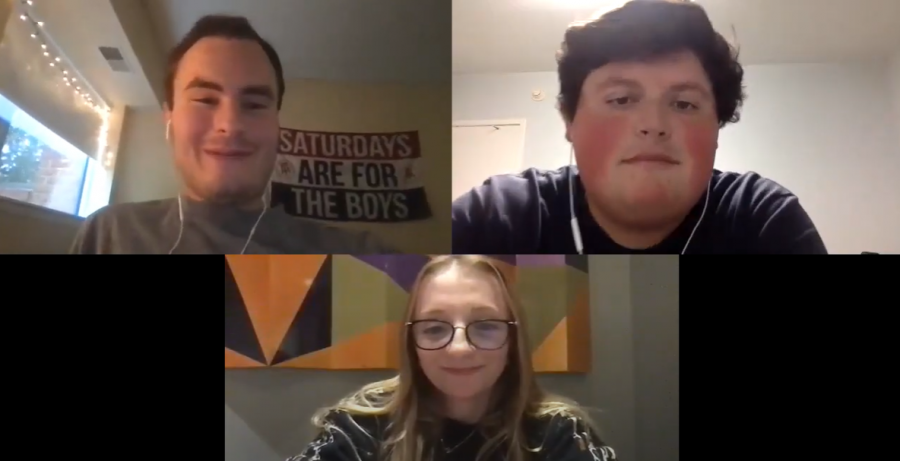We want to address the opinions article that was published in last week’s issue of The Greyhound and distinguish between the views presented in the article and those of Take Back the Night. While we respect that everyone has the right to his or her opinion, we found some faults in the argument’s logic and cited evidence.
First, the link between false accusations of rape and criticism of the “Consent is Sexy” campaign is attenuated at best. Believing that people are falsely accused of rape does not lessen the need for active, enthusiastic consent; it increases it.
Second, many of the statistics the article uses are outdated and not accurate reflections of the issue as a whole. This article makes sweeping generalizations about sexual assault reporting and the judicial system which are based on statistics from 20 years ago. The article refers to 8 percent as a staggering number, but according to RAINN, 97 percent of actual rapists do not spend a day in jail. Moreover, according to statistics from the FBI and Department of Justice, the odds of an average straight male being falsely accused of rape are 2.7 million to 1 annually.
Articles such as this prevent survivors from coming forward because they do not feel comfortable or supported. As members of Take Back the Night, we strive to repudiate the assumption that only women are sexually assaulted. Males and transgender individuals are also vulnerable to sexual assault and violence. Moreover, the “Consent is Sexy” campaign empowers all members of Loyola’s community, not just women. The continual use of the word “victim” associates them with shame and should be replaced with the term “survivor,” which empowers them and validates their circumstances.
The decision to come forward after sexual assault places the survivor in a process of re-victimization and opens them to scrutiny of their sexual behavior and social life as they experience emotional trauma. We hope that this letter and the past article encourage discourse and awareness about sexual assault and its survivors, which is what Take Back the Night strives to promote in all of our events. Finally, if anyone in the Loyola community wants to discuss this subject matter further we encourage them to approach Take Back the Night for information and open discourse.
—Take Back the Night Committee














































































































fake ralph lauren • Apr 1, 2016 at 3:13 pm
He coordinated with D.W. Griffith and Mack Sennett in 1915, to form the company which came to be Culver
City Studios.
Jack • Feb 6, 2014 at 5:41 pm
Is it possible to address the issue of rape while simultaneously acknowledging the issue of its application in the legal system and false accusations of rape? I don’t think Ebmeier’s article was ever intended to trivialize the issue of rape, rather it was meant to point out that focusing all efforts towards campaigns and organizations designed to prevent rape can lead to unintended consequences. No one denies that the message of the “Consent is Sexy” campaign is positive and informative, but when looked at from a national perspective, it can impede the efforts of the judicial system and taboo the topic of rape.
Take global warming for example. One factory, one car, or one plastic grocery bag isn’t going to cause global warming. However, the sum of all factories, cars, and grocery bags will cause it. In the same manner, Take Back the Night will not harm the judicial process, but the sum of all rape campaigns will cause the assuption that rape is much more common than it actually is.
On the aspect of evidence, organizations like RAINN use over-inclusive definitions of rape because they want to make their message as convincing as possible. But say they used a less-inclusive definition. Say their numbers weren’t ‘as big’ as they are now. No one is going to trivialize rape if the true statistics are 1 in 10 instead of 1 and 6. However, inflating statistics to make your message clear causes unneccessary fear and can lead to irrational responses.
What I guess I’m trying to say is, the article published by Ebmeier was never aimed specifically at Take Back the Night. Rather, he most likely included your slogan in the title because it would show how his article links to current events. The title says ‘Hey, there’s a campaign relating to rape on campus right now. I have an article that is related to rape, and I’m going to mention the slogan to show others why its relevant.’